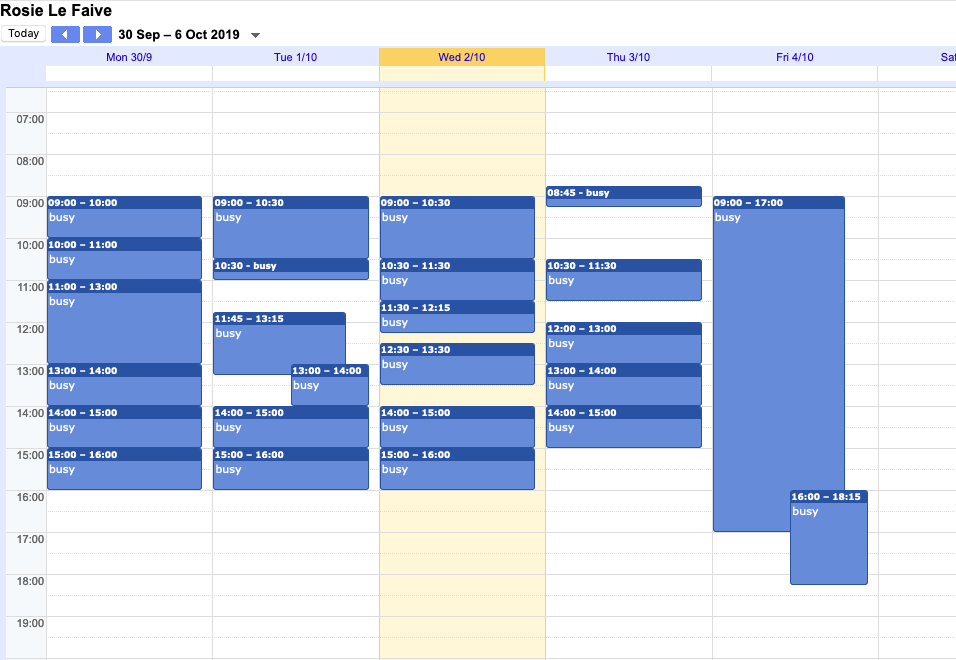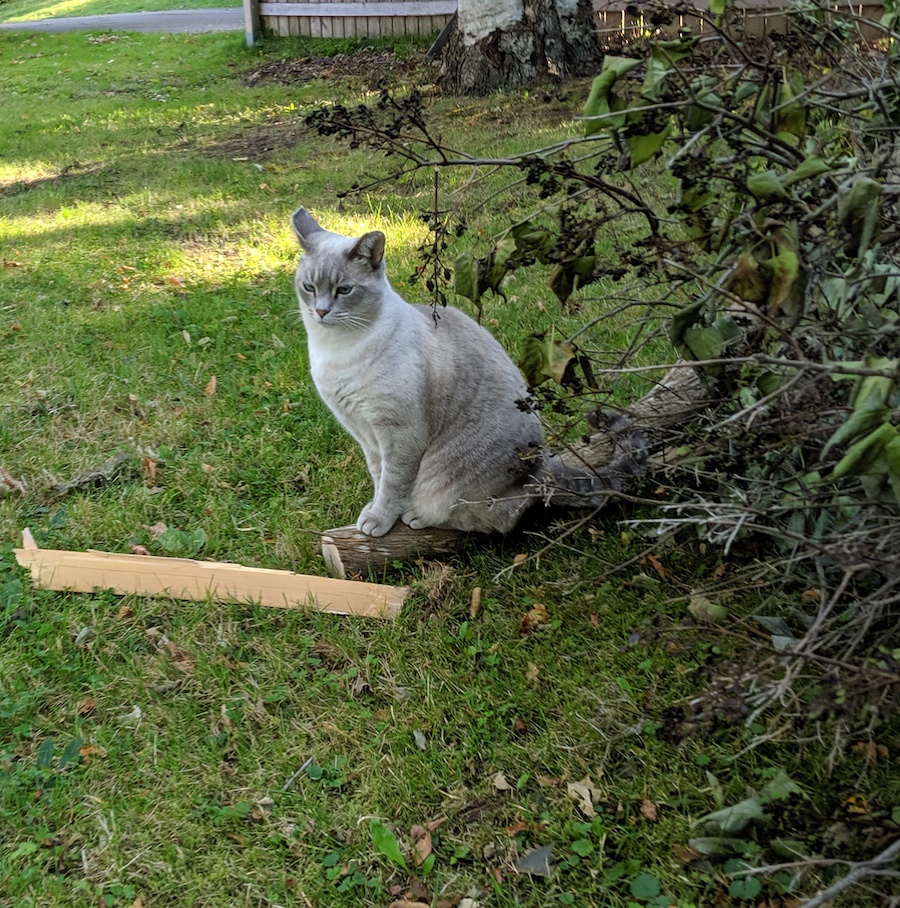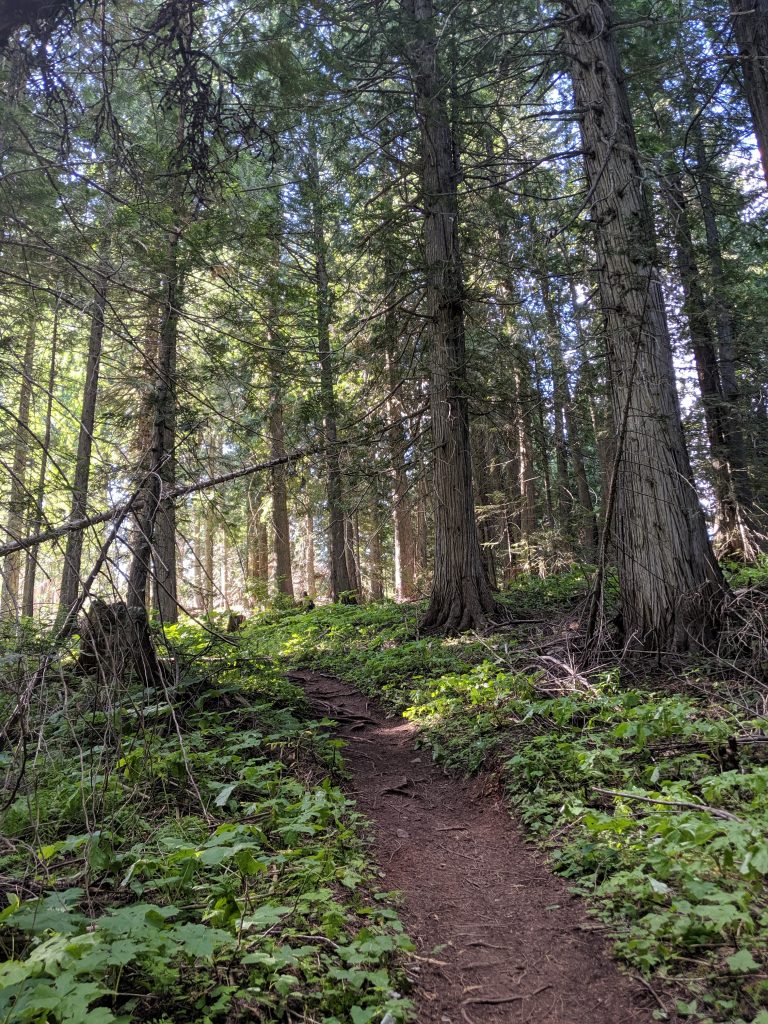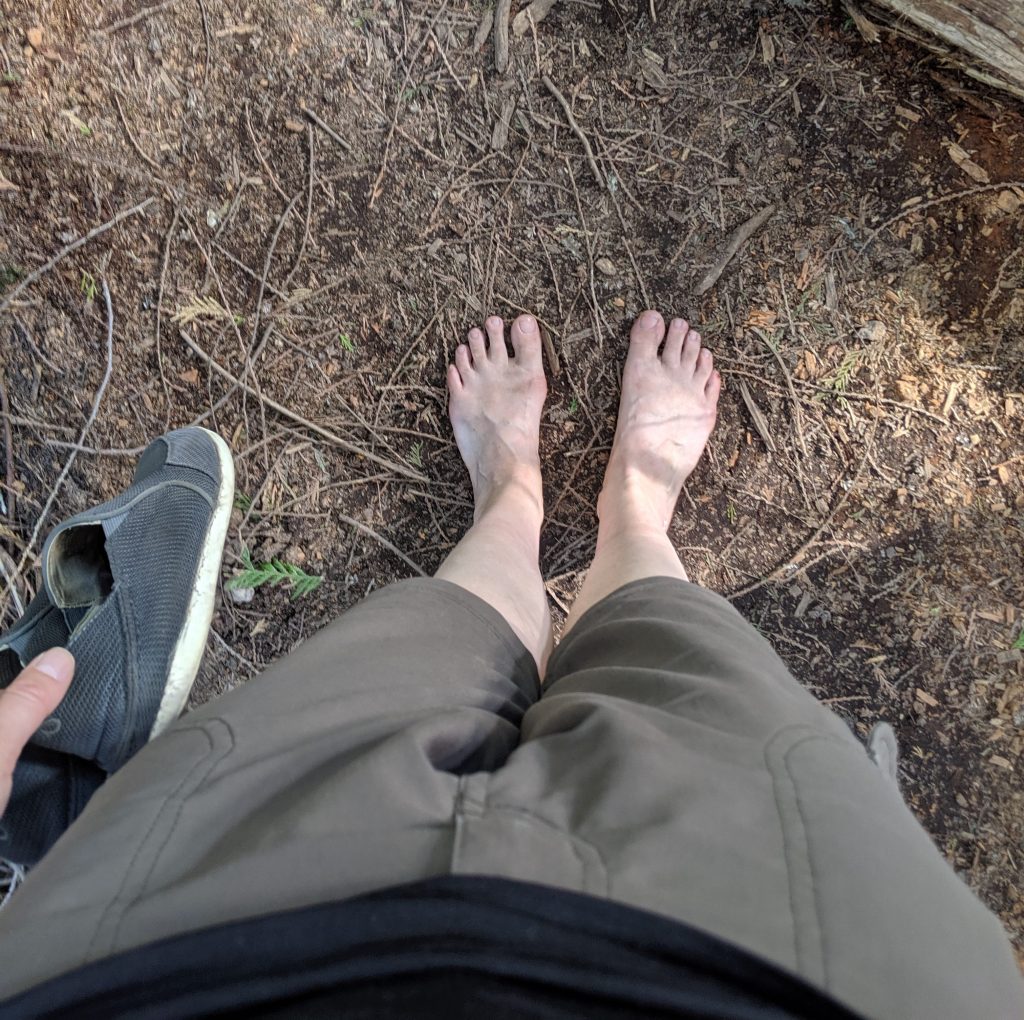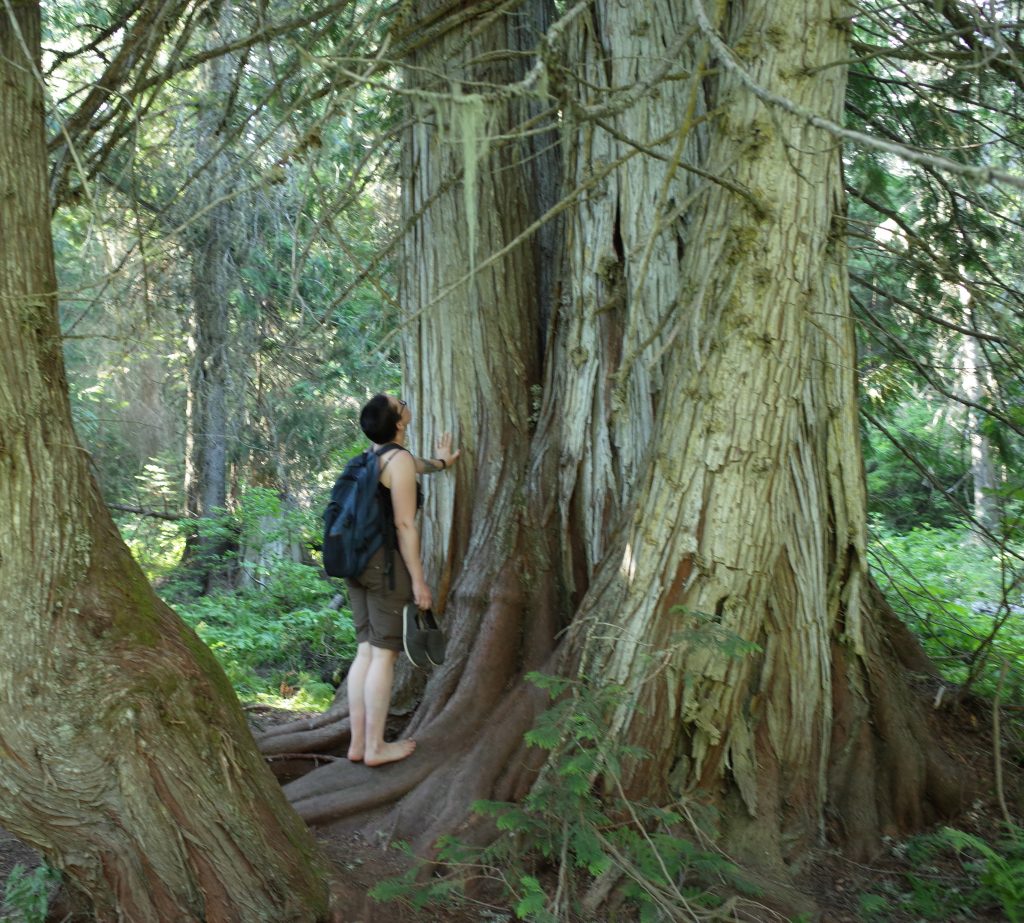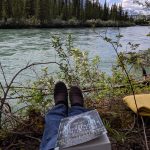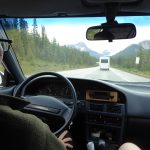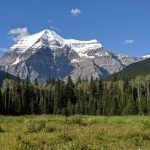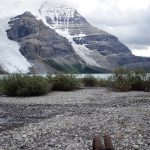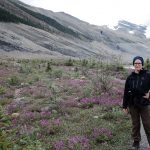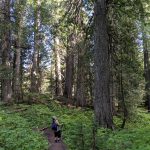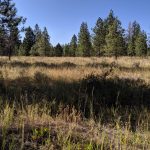I gave a very short talk today. I was invited to be part of a panel, that was one of the (many interesting) events in the Applied Geospatial Research in Public Policy (AGRiPP) workshop. Our topic was Digital Literacy / Digital Humanities. Each of my co-panelists and I had 5 minutes, so I said something kind of like this.
I’m Rosie Le Faive, and I’m a librarian, so my exposure to digital literacy is usually in the context of “information literacy” – delivering 50-minute lectures to first-year university students on how to use the library. And most of what I cover is how to use our databases to find peer-reviewed research, but every year when I get these classes, I like to think about how I can take it deeper. What does information literacy mean?
I’m going to go on a sidebar… forgive me, it will spoil a movie from 18 months ago… but it will tie back in. [CW: abuse, murder].
In Avengers: Infinity War, the character Gamora is murdered by her abusive father, and in the film it’s framed as proving his love for her [ick face]. Some scenes later, in the middle of a battle, Gamora’s boyfriend realizes she didn’t return and demands “Where… is… Gamora?”. Iron Man, (who’d never met them till this movie) counters with “I’ll do you one better… Who’s Gamora?” and Drax, who usually misses emotional tones of things, says “I’ll do you one better… why is Gamora?” The audience laughs, Drax is stupid, the question is silly.
But I really like his question. Why is Gamora? In this movie, her entire story arc exists so that she can die, and spur a man into action (or mis-action). This is a trope in media that’s known as fridging, after a brutal scene in a Green Lantern comic. Women characters biting the dust in order to further a man’s storyline is so popular that feminists have given it a name and are aware of it. Fridging doesn’t happen by accident. There were thousands of people involved in the making of this film. Why did this get through the layers of decision-making? Were there no women in the right rooms?
Why does this information exist? That’s the question that interests me. Why was it made, and what was its path from creation to distribution to wherever I encounter it? What structures and institutions were part of the story of this information, and what does it say about them?
A digital humanities project that I just became aware of, and deeply admire for its work in this, is Lily Cho’s Mass Capture project. It digitizes a collection of certificates – known as C.I. 9‘s, which Canada used to keep track of and control people from China. This was in the days of the Chinese “Head Tax”, and if someone from China living in Canada wanted to return to their home country and be able to return (without re-paying the head tax) they had to fill out a C.I. 9. It contained a lot of personal information – name, birthdate, where they’re from, identifying features, and photographs. This was particularly exciting [edit: that is the wrong word, maybe interesting or fascinating; left for accountability] because it was the first mass photography project implemented by the Canadian State. But Cho’s work explores how this bureaucracy creates and constructs people as “non-citizens,” a special kind of subject (in the Foucauldian sense) as defined by government policies founded in racism and white supremacy.
So I like to think about information literacy as knowing where to look for information (e.g. libraries!), and understanding who created that information – the direct provenance and responsibility, but also why is this information – what systems and structures and institutions brought it to me, and why did they consider it valuable?
Understanding these structures won’t let us be free of them. After all, “We live in a society.” But I find that awareness gives us context, and with the ability to reframe, more agency in how we construct stories.
